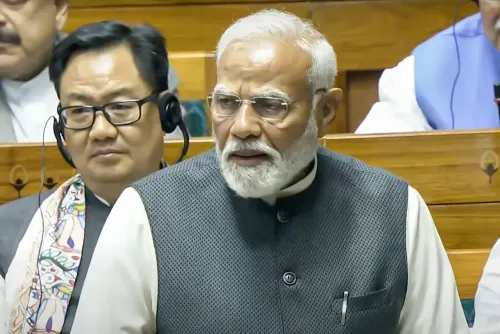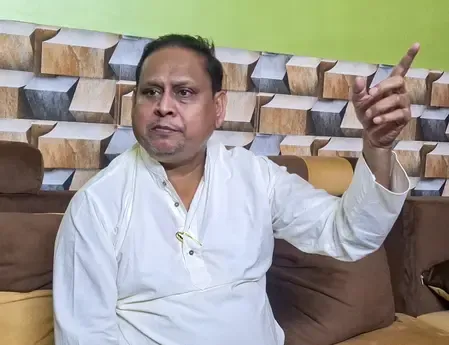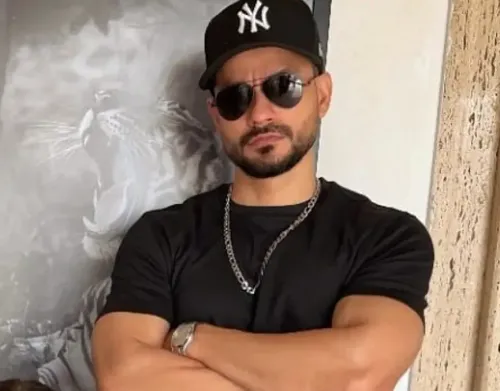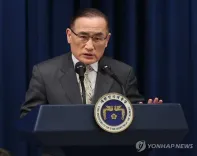Why Did Trump Cancel His Meeting with Putin?
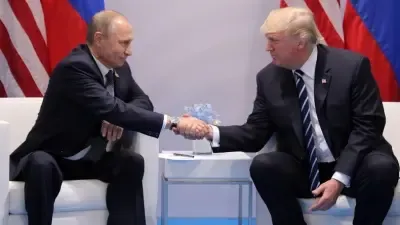
Synopsis
Key Takeaways
- Trump canceled his meeting with Putin due to stalled diplomatic progress.
- New sanctions have been imposed on Russian oil companies by the U.S.
- Trump expressed hope for future negotiations despite current tensions.
- Previous talks with Putin have not resulted in breakthroughs.
- The situation in Ukraine remains a priority for U.S. foreign policy.
Washington, Oct 23 (NationPress) - U.S. President Donald Trump has announced the cancellation of his scheduled meeting with Russian President Vladimir Putin, citing insufficient advancements in diplomatic negotiations.
"We have decided to cancel the meeting with President Putin," Trump informed reporters at the White House on Wednesday.
"It just didn't feel right to me."
He elaborated, "It didn't seem like we were going to reach the necessary agreement. Therefore, I cancelled it, but we will consider it for the future." Trump had previously indicated plans to meet with Putin in Budapest, Hungary, following a phone discussion between the two leaders.
However, on Tuesday, he characterized such a meeting as "a waste of time" during a press briefing at the White House.
Trump conveyed his dissatisfaction with the stagnant negotiations.
"In terms of honesty, I can only say that every time I converse with Vladimir, we have productive discussions, but they lead nowhere. They simply do not lead anywhere," he stated.
The cancellation of the summit coincided with the White House's announcement of new sanctions aimed at Russian oil exports, part of a broader strategy to pressure Moscow regarding its ongoing military actions in Ukraine.
Trump expressed hope that these measures would be temporary.
For the first time during his second term, Trump has enacted additional sanctions against Russia, focusing on its two largest oil firms, as part of his latest efforts to resolve the conflict in Ukraine.
The U.S. Treasury Department has targeted Russian companies - Rosneft and Lukoil along with their subsidiaries, cautioning that further actions may be forthcoming.
While meeting with NATO Secretary General Mark Rutte at the White House, Trump expressed his hope that the "war will be resolved."
"These are significant sanctions. They are substantial against their two major oil firms. And we aspire that they won't last long. We hope for a resolution to the war," he remarked.
Trump acknowledged that his prior discussions with Putin had not resulted in any significant breakthroughs.
"Every time I talk with Vladimir, we have good conversations, and then they go nowhere. They just do not progress. He's engaged in a war. It's a conflict between two highly capable sides, and that’s the nature of war. You can never predict war, but I would argue that it's time to reach an agreement," he emphasized.
The decision to cancel the meeting was made following a phone call between U.S. Secretary of State Marco Rubio and Russian Foreign Minister Sergey Lavrov on Monday.
Last week, Trump had a lengthy phone conversation with the Russian President, stating that "great progress" was achieved in that discussion.
The day after that call, Trump hosted Ukrainian President Volodymyr Zelensky at the White House, describing their meeting as "very interesting and cordial."
"The meeting with President Zelensky of Ukraine was quite engaging and cordial, but I indicated to him, as I similarly strongly suggested to President Putin, that it is time to halt the violence and forge a DEAL!" Trump posted on Truth Social.
Trump also proposed that both leaders should "freeze their positions" and "declare victory."
After facilitating a ceasefire in Gaza, Trump has redirected his focus to the Russia-Ukraine conflict and intensified his efforts to bring it to an end.
Trump's highly publicized summit with Putin in Alaska last August concluded without any agreement.


